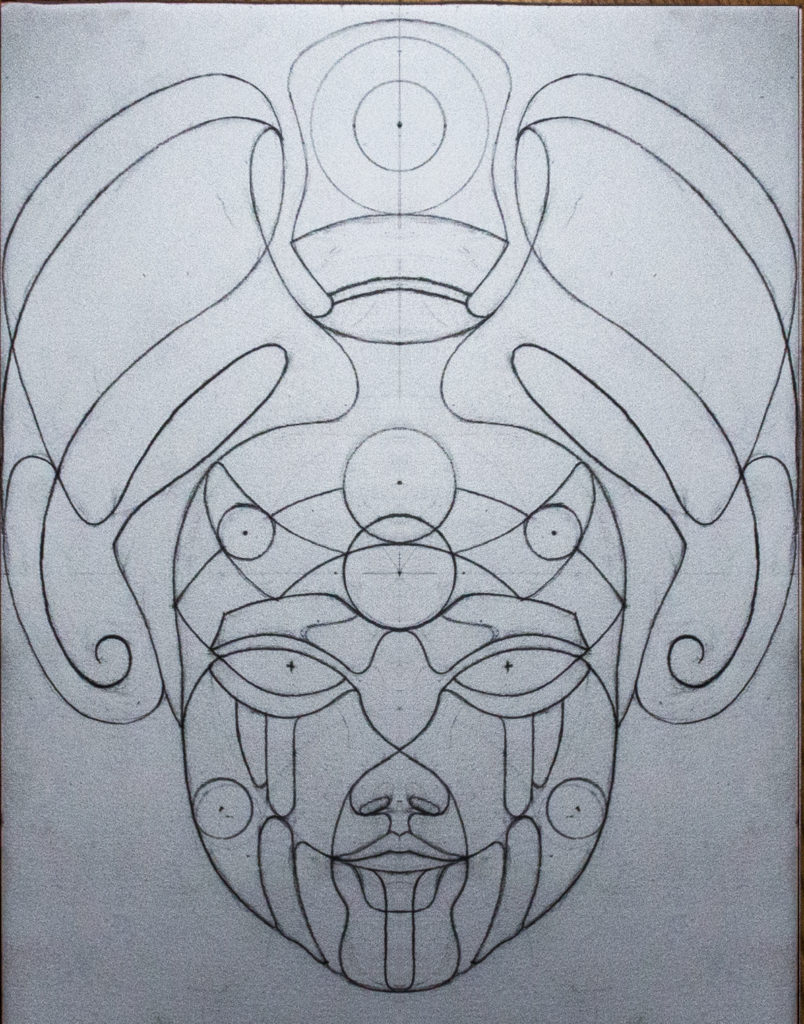Inana/Ištar is by far the most complex of all Mesopotamian deities, displaying contradictory, even paradoxical traits (Harris 1991; see also Bahrani 2000)
i-star is related to this very complex deity from the early time of Akkadia. But for me it is not about gender acting in this figur, because sometimes this goddess is described as a man, respectively acting like a man, usually it is seen femal.
i-star is related to this very complex deity from the early time of Akkadia. But for me it is not about gender acting in this figur, because sometimes this goddess is described as a man, respectively acting like a man, usually it is seen femal.
each of us has both sexes in it. so for me the central point in it is the “I” or “EGO”. we know, that we don´t know where this feeling of being is located. for me this is the central key of deep understanding, because if you would know, not from thinking about, more like an unexplainable experience of understanding, your “I” – YOU would not be any longer.
the latin word persona means mask in english. there is an etruscan word “phersu” that was found as a lettert representation of masked ones. the loan word comes presumable from the old greek word prosopon “what you can see” in someones face, visage, in its countenance and where the unity of consciousness, thinking, willing and acting finds its expression. (wikipedia)
I have chosen to make the mask out of acrylic glass, because you should be able to look through, and still see its expression. very important is the environment for this sculpture, because it interacts with it in an extraordinary way. the grinded an polished surface of the acrylic glass results in distortions which act like lenses. in each of this lenses you see the whole background again.


